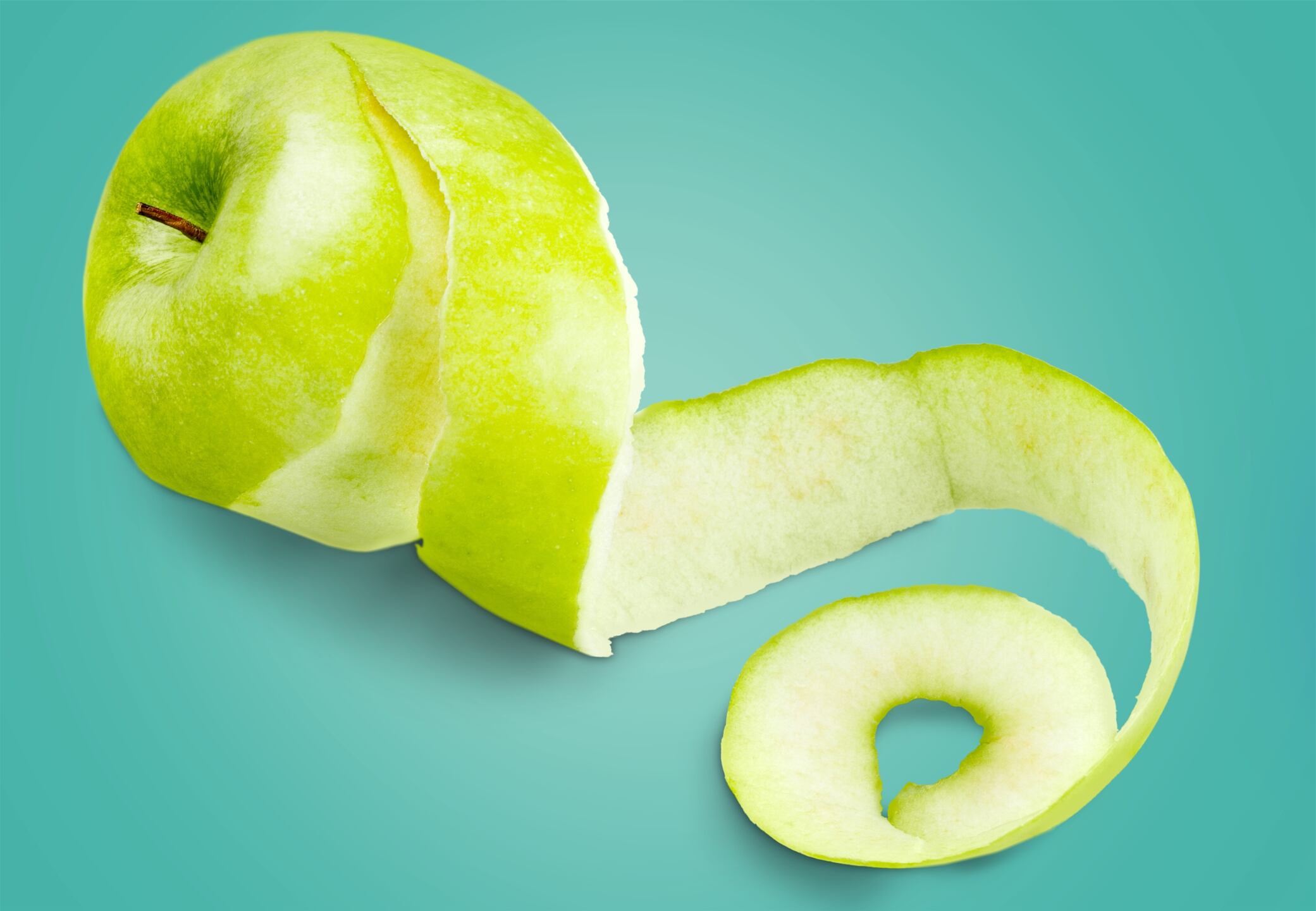Data published in the International Journal of Biological Macromolecules indicated that aqueous or ethanolic extracts of green apple skin led to different effects on methylcellulose films, with the ethanolic extract obtained by freeze-drying providing an “active material with good barrier and mechanical properties”.
On the other hand, the presence of sugars in the aqueous extract produced a plasticizing effect and increased the flexibility of the film.
“Active and functional ingredients were obtained from green apple skin with antioxidant properties and as a source of polyphenols to be added in hydrocolloid matrices and used in possible food applications. Methylcellulose films with addition of green apple skin extracts turned out to be transparent systems, and their properties depended on the type and the extract content,” wrote scientists from the Centro de Investigación y Desarrollo en Criotecnología de Alimentos (CIDCA)-CONICET, UNLP (La Plata, Argentina) and Desarrollo e Innovación de Procesos Alimentarios (DESINPA) at the Universidad de Sucre (Sucre, Colombia).
“Edible films formulation with active ingredients becomes a strategy to use agro-industrial byproducts providing nutrients and allowing the development of new coating types for use in functional foods.”
Rationale
The scientists noted that apple juice and the dried apple industry produce a lot of agroindustrial waste, rich in polyphenols, vitamins and minerals that could be utilized as functional ingredients.
Granny Smiths are particularly interesting because they “have less susceptibility to browning and higher values of firmness and juiciness compared to other varieties of apples, thus, this variety would be the most suitable for industrial processing,” explained the researchers.
Study details
Using Methylcellulose (A4M, Methocel), provided by Colorcon Argentina, the researchers prepared edible films with either an aqueous apple skin extract or an ethanolic extract obtained by freeze-drying.
Results showed that the aqueous extract lowered the tensile strength of the films, while also increasing elongation at break.
On the other hand, the ethanol extracts had less of an effect on the mechanical properties of methylcellulose films, “due to absence of the plasticizing effect of sugars present in [the aqueous extract]”.
“Edible films formulation with ethanolic extracts of freeze-dried skin is an effective alternative to obtain an active material with good barrier and mechanical properties, without providing additional plasticizers to the matrix generating shifts of the material glass transition temperature and deteriorating mechanical properties.
“Edible films formulation with active ingredients becomes a strategy to use agro-industrial byproducts providing nutrients and allowing the development of new coating types for use in functional foods,” concluded the researchers.
Source: International Journal of Biological Macromolecules
Published online ahead of print, doi: 10.1016/j.ijbiomac.2018.12.114
“Active edible films of methylcellulose with extracts of green apple (Granny Smith) skin”
Authors: E. Matta et al.


